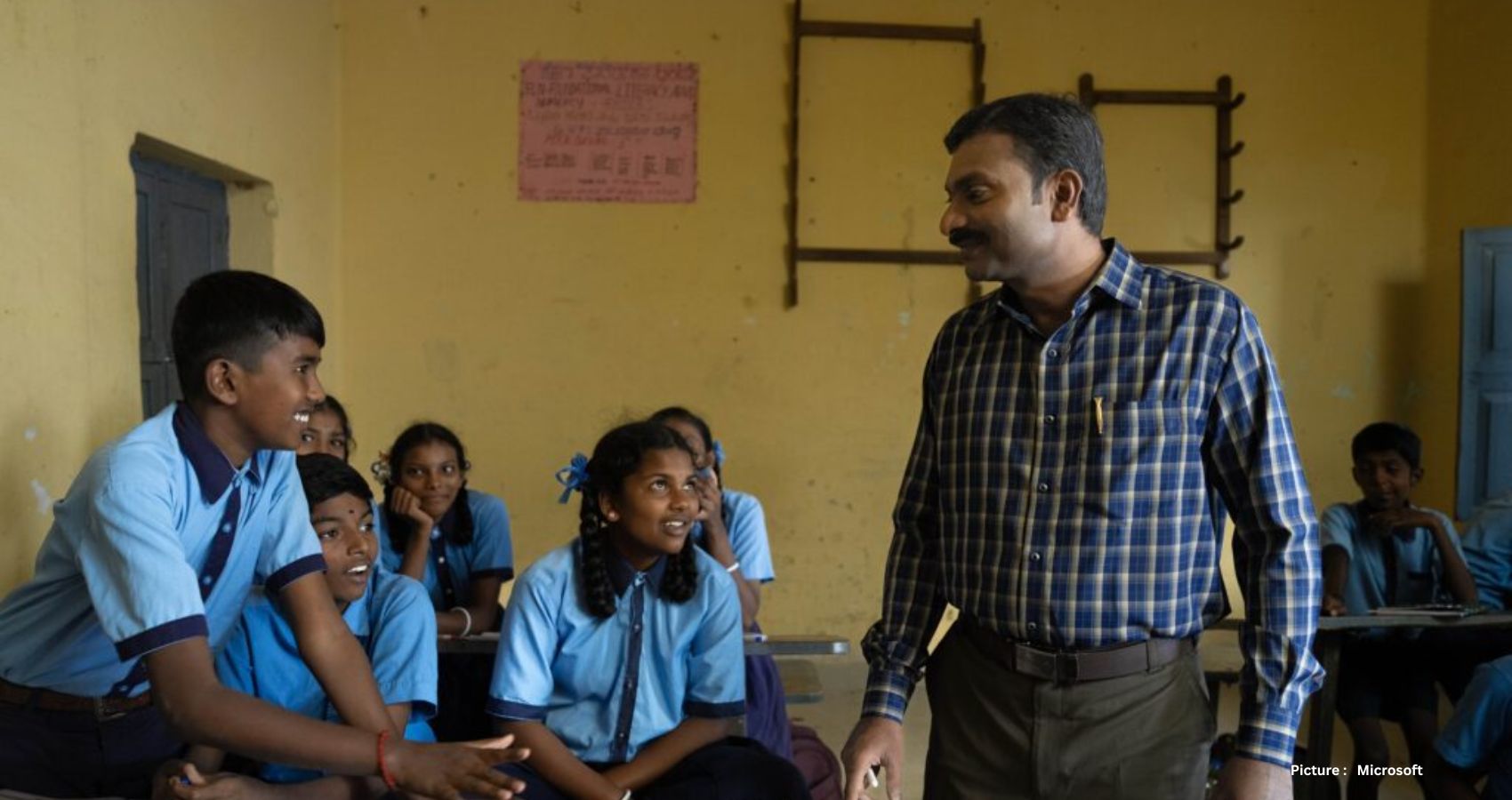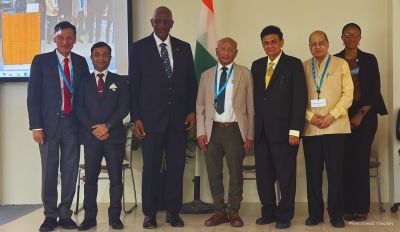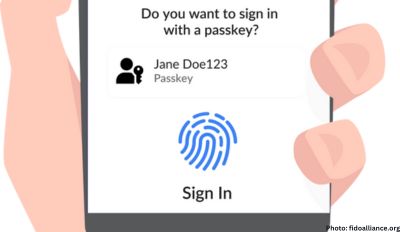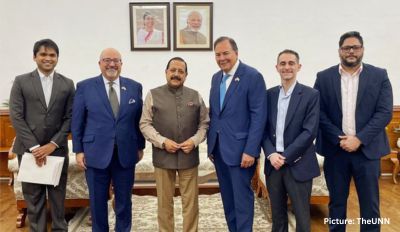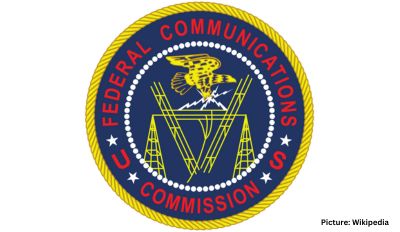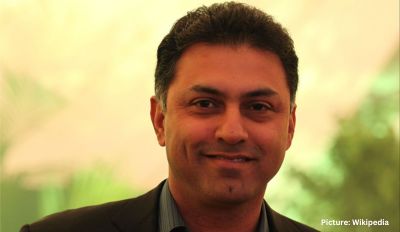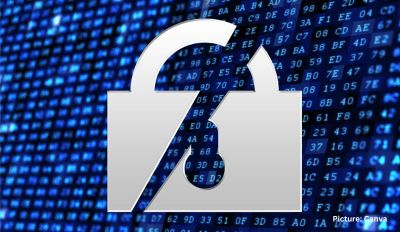In a quaint five-room village school shaded by coconut trees, educator Ravindra K. Nagaiah has something special in store for his seventh-grade science class today.
The lesson revolves around “Acids, Bases, and Salts.” Alongside the customary supply of litmus strips, hydrochloric acid, and baking soda, Ravindra has arranged small beakers containing juice extracted from hibiscus flowers and lemons. The students eagerly gather around the table as one of them combines lemon juice with hibiscus juice. The resulting solution turns green, indicating acidity. Another student mixes baking soda with hibiscus juice, causing it to turn pink.
“Who knew, children, that hibiscus juice could serve as a natural pH indicator?” Ravindra asks with a smile.
The inspiration for this engaging activity came from Shiksha copilot, an innovative AI digital assistant designed to formulate lesson plans – complete with activities, videos, and quizzes – in a matter of minutes. Developed in collaboration with the non-profit Sikshana Foundation, this software is currently being trialed in English and Kannada languages by 30 teachers across 30 schools in Karnataka state, with encouraging feedback from educators.
Shiksha copilot forms part of Project VeLLM, an initiative by Microsoft Research India aimed at creating specialized generative AI assistants accessible to various sectors, from educators to farmers and small business owners. The platform, built on Microsoft Azure OpenAI Service, is intricately linked with the school curriculum and learning objectives. By leveraging Azure Cognitive Service, the software can analyze textbook content and its structure.
The ultimate goal of Shiksha copilot is to provide relief to India’s overburdened government schoolteachers while enriching the learning experience for their students. Ravindra attests to the significant time savings achieved through this tool, allowing him to dedicate more attention to his students. Previously, crafting a single lesson plan could consume up to 40 minutes, whereas now, he can devise a new lesson in just 10 minutes.
In a school with limited resources like his, Ravindra often needs to adapt lesson plans according to available materials. Shiksha copilot proves invaluable in such situations, offering alternative ideas tailored to his requirements. Whether it’s adjusting activities, shortening videos, or modifying assignments, the software enables him to personalize lessons effectively.
The conventional method of teaching with chalk and blackboard no longer suffices in today’s digital age, observes Ravindra. Thanks to Shiksha copilot, he can allocate the time saved to engage more actively with his students.
The challenge of crafting lesson plans is compounded by the prevalence of large class sizes in Indian primary schools. With a teacher-to-student ratio of 1:33, compared to the global average of 1:23, educators face an uphill battle in capturing the attention of their pupils. In urban areas, class sizes can soar to between 40 and 80 students, exacerbating the situation.
This disparity has led many families, regardless of their income level, to opt for private schooling, exacerbating the exodus from government schools. Prasanna Vadayar, CEO of Sikshana Foundation, emphasizes the organization’s mission to enhance the quality of education in government schools, aiming to reverse this trend permanently.
Sikshana’s initiatives, such as the Prerana project, incentivize student participation and academic performance through innovative methods like peer leadership and rewards for achievements. By implementing such interventions, Sikshana has reached over 50,000 schools across six states in India, impacting millions of students.
The collaboration between Sikshana Foundation and Microsoft Research India heralds a new era of educational innovation. Shiksha copilot represents a step towards addressing the pressing challenges faced by teachers and students alike. Through a combination of generative AI technology and domain-specific knowledge, the software streamlines the lesson planning process while ensuring accuracy and relevance.
Feedback from teachers involved in the pilot program underscores the effectiveness of Shiksha copilot in reducing preparation time and enhancing classroom engagement. With plans to expand the initiative to 100 schools and curate top-rated lesson plans, the project aims to further empower educators and optimize learning outcomes.
As Smitha Venkatesh, Chief Program Officer at Sikshana Foundation, reflects on the potential of AI in education, she emphasizes its capacity to support teachers and students alike. Beyond simplifying lesson planning, Shiksha copilot holds promise in addressing a myriad of educational challenges, from scheduling classes to aiding struggling students.
In the evolving landscape of education, AI emerges as a valuable ally, offering solutions to enhance teaching and learning experiences. As educators like Ravindra and Mahalakshmi embrace these technological advancements, every classroom becomes a vibrant hub of knowledge and discovery, nurturing the future generation.

